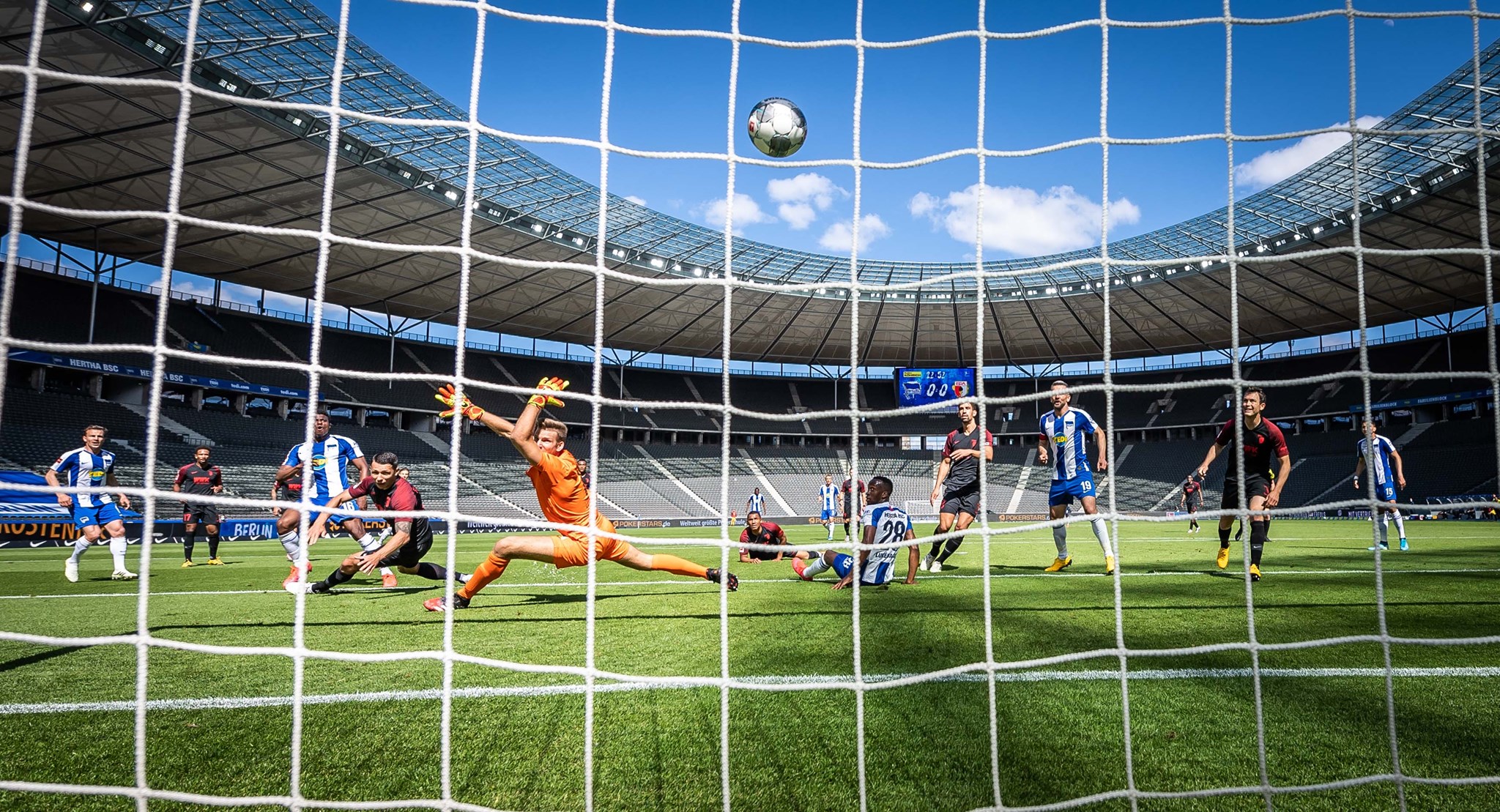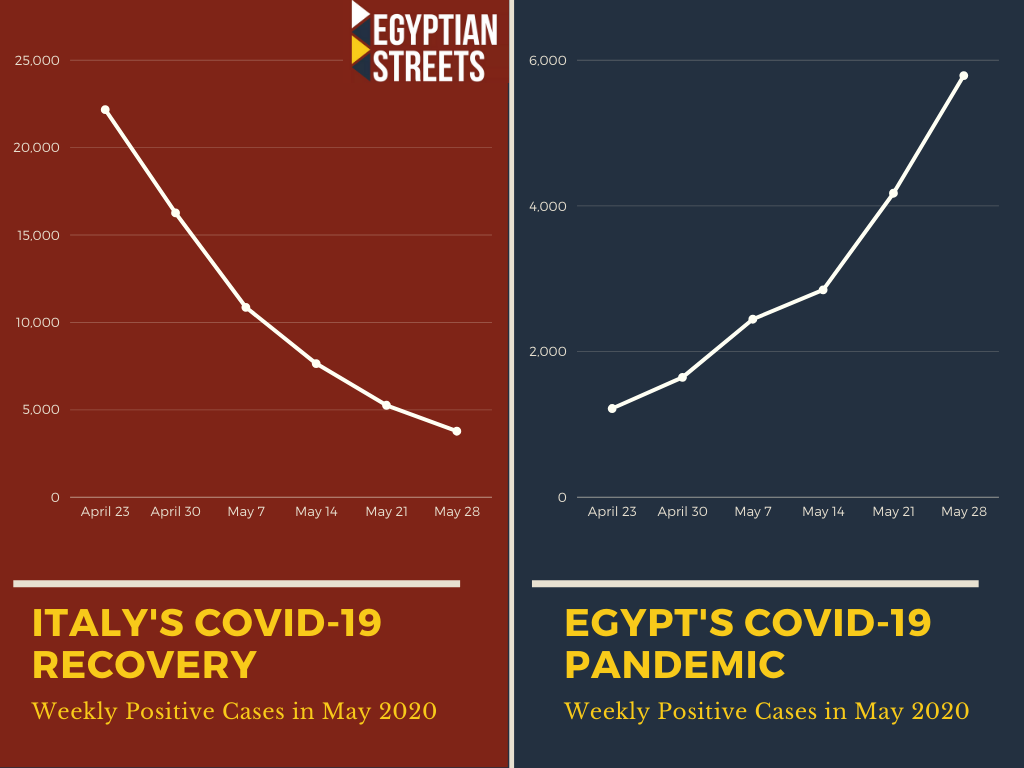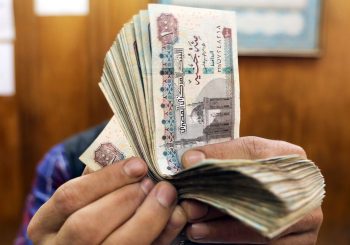Football has started its comeback after weeks of suspension due to COVID-19. Leagues and cups around the world have started or are set to resume matches, with strict sets of rules and in the absence of a live audience.
Around the world, national competitions were suspended in March as a precautionary measure against the spread of the coronavirus, as packed stadiums have all the makings of becoming a breeding ground for the highly transmissible disease responsible for this global pandemic.
Matches of the German Bundesliga have already been back on the pitch since May 16, and the English Premier League, the Spanish La Liga, and the Turkish Süper Lig – among others – have announced the dates of their return later this month. In Italy the Copa Italia (Italian cup competition) will return before the Serie A (Italian league), though both have already announced their starting dates.
The Netherlands, Belgium, and France, on the other hand, are among the countries whose football federations refrained from resuming play, officially making the decision to cancel the remaining matches, and with countries like France naming the current table-toppers the season’s winners.
Needless to say, the return to football will be under strict rules befitting the circumstances brought about by COVID-19. Apart from the absence of the audience, Bundesliga players are being tested regularly before and after training sessions, and as much distance as possible between players is encouraged. The players are also given strict guidelines on hygiene and how to behave if their families develop symptoms.

In spite of the uncertain and tense atmosphere caused by the global pandemic, the return of the world’s favourite sport will undoubtedly bring joy to the hundreds of millions following it from all around the world and from every socio-economic background, and may alleviate some the psychological burdens of living through this crisis.
But beyond being a steady source of entertainment to so many, professional football is an industry through which hundreds of billions of dollars circulate in the form of investments, sponsorship contracts, advertising agreements, and salaries affection tens of thousands of people in each country involved in giving this industry life.
Here at home, the discussions around restarting the Egyptian Premier League are yielding far less certain results. While the five-person committee heading the Egyptian Football Association (EFA) is preparing plans, its president, Amr El-Ganainy, stated on May 29 that no decision has yet been reached, and emphasised that it is ultimately a political decision.

Nevertheless, the EFA has drafted a set of rules covering awareness, precautions, and training guidelines, should games resume. One factor that would not be a concern in Egypt is the presence of an audience, as games have been played in the absence of live audiences for about eight years.
“We are prepared for every scenario,” says Mohamed Fadl, former football player and member of the five-person committee. “We are prepared for resumption and cancellation alike.”
In Egypt, like elsewhere in the world, the financials of the possible return of football are among the factors taken into consideration. According to the Football news site Filgoal.com, an unnamed source from the EFA claimed that it could cost a total of EGP 81 million to EGP 90 million to be able to restart the Egyptian Premier League with the necessary safety precautions.
That same source also noted that the EFA is not likely to be willing to cover these costs of precautionary measures on its own, and while some of the richer clubs may be able to afford to pay for themselves, smaller clubs will not be able to do the same. This view was echoed by some of the managers of such clubs.
Another vehement opponent of resuming football in Egypt is Zamalek Sporting Club’s notorious president Mortada Mansour. Mansour stated that his primary concern is the health and safety of those involved, and that his stance has nothing to do with trying to deny his club’s arch rival and current table-topper, Al Ahly Sporting Club, the title.

While many of the countries restarting their football leagues are doing so in the context of gradually relaxing restrictive measures against the background of flattening curves and decreasing numbers of infections, matters in Egypt are more complex. The discussion around football is taking place while many of the measures initially instated appear to be moving towards relaxation, in spite of the rapid rise in numbers of infections and deaths.






Comments (0)